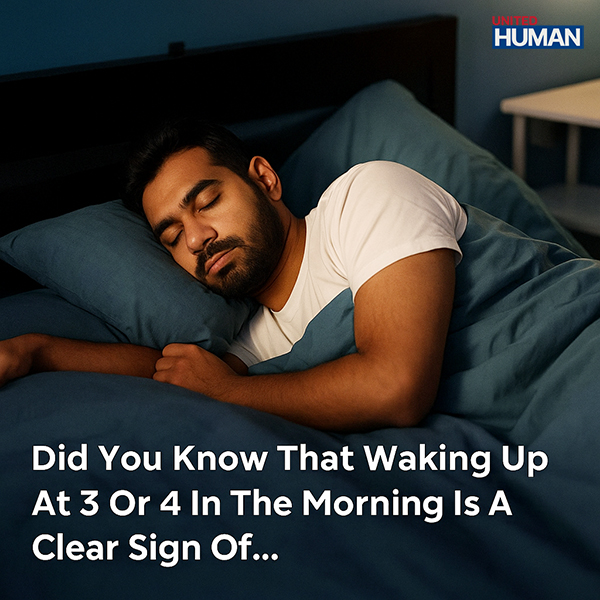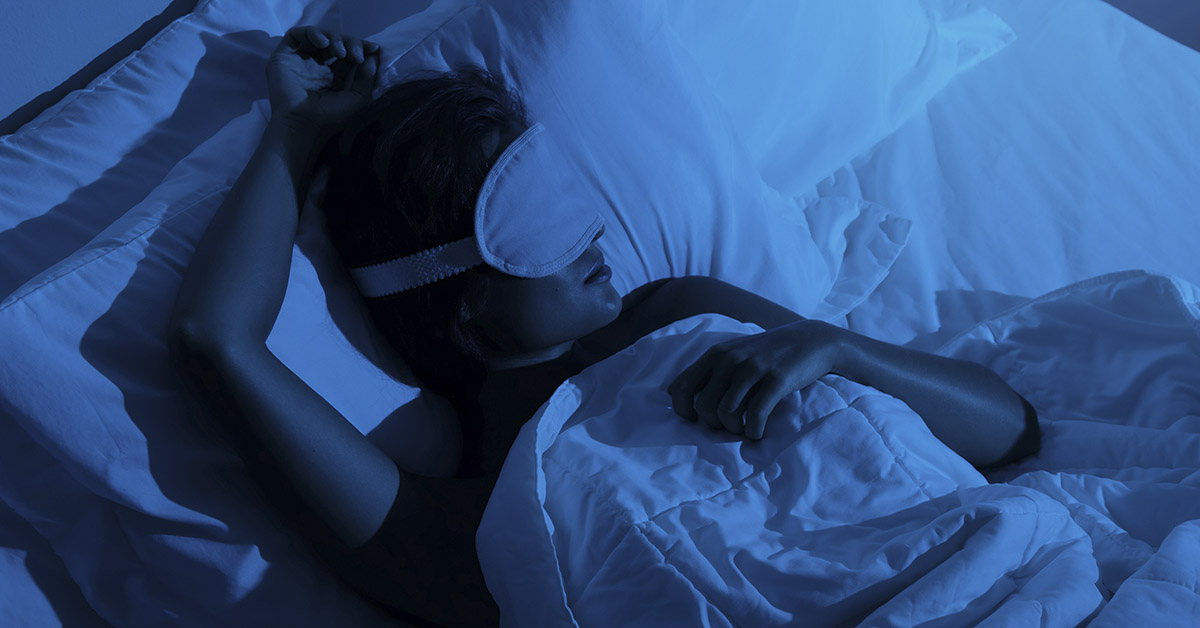Many people experience occasional sleep disruptions, but if you find yourself consistently waking up between 3:00 and 5:00 a.m., wide awake and unable to fall back asleep, your body could be signaling an underlying issue. This article breaks down common causes of these early morning awakenings and provides practical, health-focused solutions to help you reclaim restful, uninterrupted sleep.

💤 Understanding Nighttime Wake-Ups

First, it's important to know that brief awakenings during the night are completely normal. Our sleep is made up of cycles, which include light sleep, deep sleep, and REM (rapid eye movement) sleep—the stage where most dreaming occurs. As the night progresses, we spend more time in lighter sleep stages and REM, making us more vulnerable to disturbances closer to morning.
Waking up around 3 a.m. becomes a problem when it happens frequently and you can't fall back asleep. Let’s explore why this might be happening.
😟 1. Stress and Anxiety

Chronic or acute stress is one of the most common reasons people wake up during the night. Stress activates the sympathetic nervous system (our "fight or flight" mode), increasing heart rate, body temperature, and alertness—precisely the opposite of what your body needs for sleep.
What you can do:
-
Practice relaxation techniques before bed (deep breathing, meditation, yoga).
-
Avoid screen time for at least an hour before sleep.
-
Consider journaling your worries or to-dos earlier in the evening.
-
Seek professional support if stress is overwhelming or persistent.
😴 2. Insomnia
Insomnia affects 10–20% of the population and is a medical condition characterized by difficulty falling or staying asleep.
Signs you may have insomnia:
-
Trouble sleeping at least three times a week
-
Daytime fatigue or concentration issues
-
Feeling unrefreshed even after a full night in bed
Solution: Speak with your healthcare provider. Treatment may include cognitive behavioral therapy for insomnia (CBT-I), lifestyle changes, or short-term medication.
👴 3. Aging and Sleep Changes
As we age, our sleep patterns naturally shift. Older adults tend to get less deep sleep and are more easily awakened by noise, light, or discomfort. Medications and medical conditions also become more common with age and can impact sleep.
Tips for older adults:
-
Keep a consistent sleep schedule.
-
Limit afternoon naps to 20–30 minutes.
-
Review medications with your doctor if sleep disturbances persist.
💊 4. Side Effects from Medication

Certain medications are known to interfere with sleep, including:
-
Diuretics (increase nighttime urination)
-
Beta-blockers
-
Antidepressants
-
Corticosteroids
-
Cold or allergy meds
What to do:
If you suspect your medication is affecting your sleep, speak with your physician. They may adjust your dosage, timing, or suggest an alternative treatment.
🩺 5. Underlying Health Conditions
Chronic health issues can greatly affect sleep. These include:
-
Sleep apnea: Interrupted breathing during sleep
-
GERD: Causes acid reflux and nighttime heartburn
-
Depression or anxiety
-
Restless leg syndrome (RLS)
-
Arthritis or chronic pain
-
Menopause symptoms
-
Enlarged prostate (frequent nighttime urination)
If you’re experiencing symptoms linked to any of these conditions, consult a healthcare professional for appropriate testing and management.
⚠️ 6. Lifestyle Habits That Disrupt Sleep
Even small daily habits can contribute to poor sleep quality:
| Habit | Sleep Impact |
|---|---|
| Caffeine or alcohol late in the day | Disrupts natural sleep cycles |
| Screen exposure before bed | Suppresses melatonin production |
| Heavy or spicy meals late at night | Can cause indigestion or discomfort |
| Inconsistent sleep-wake times | Confuses your internal clock |
| Lack of physical activity | Reduces sleep pressure and quality |
Solutions:
-
Avoid caffeine after 2 p.m. and alcohol close to bedtime.
-
Eat dinner at least 2–3 hours before sleeping.
-
Make your bedroom dark, quiet, and cool.
-
Incorporate regular exercise into your day (but not right before bed).
🛏️ Better Sleep Starts with Better Habits
To improve your overall sleep quality, try the following:
✅ Establish a calming bedtime routine
✅ Sleep and wake up at the same time each day
✅ Reserve your bed for sleep only—no phones or work
✅ Avoid lying in bed awake for more than 20 minutes—get up and do something relaxing until you feel sleepy again
Remember: occasional night wakings are completely normal. But if waking up at 3 a.m. becomes a nightly pattern that leaves you exhausted, it's time to take action.
🩺 When to See a Doctor
If you've tried lifestyle changes and are still waking up frequently during the early morning hours, speak to your doctor. They can help identify any underlying medical issues or sleep disorders and guide you toward effective treatment options.
